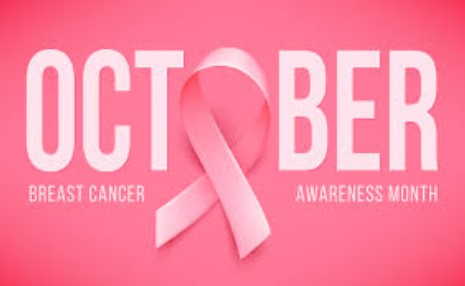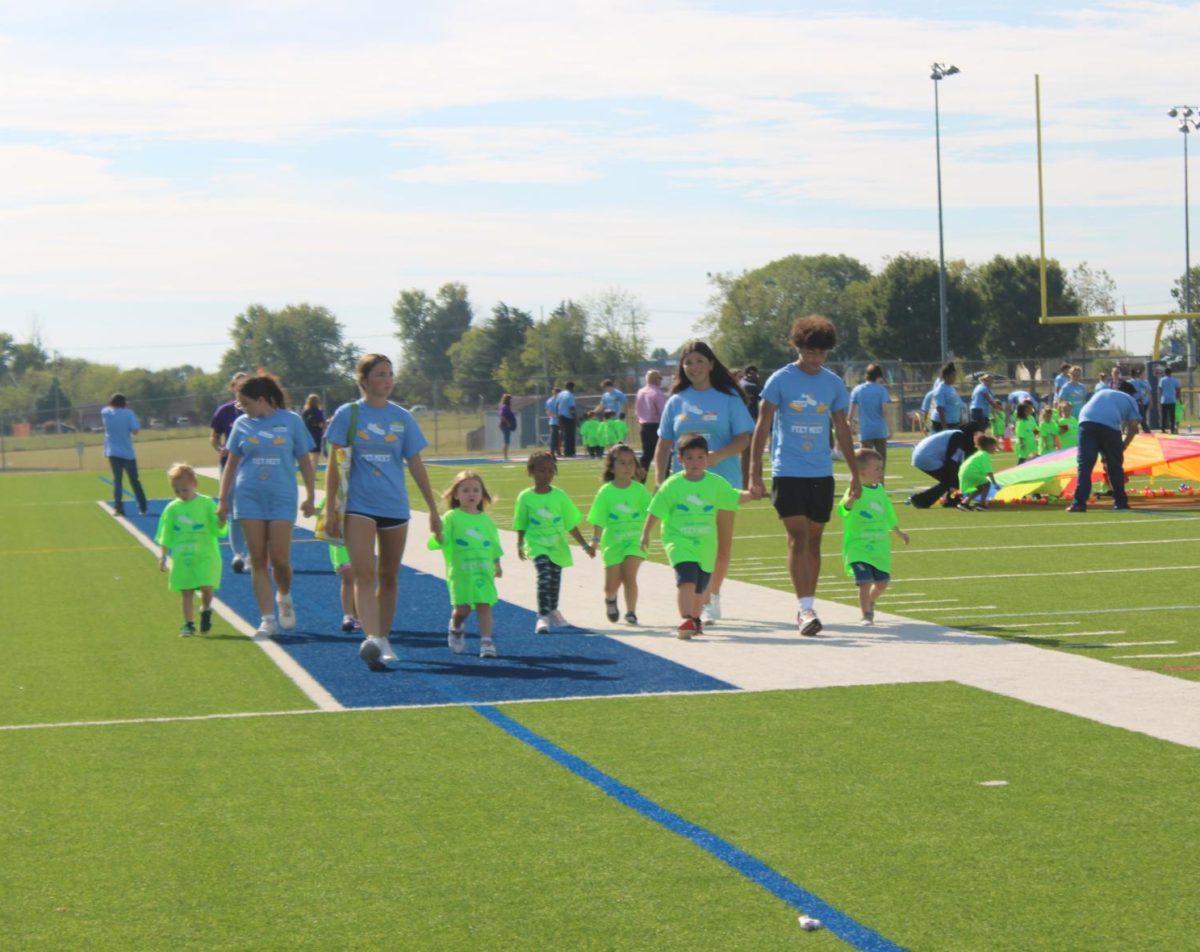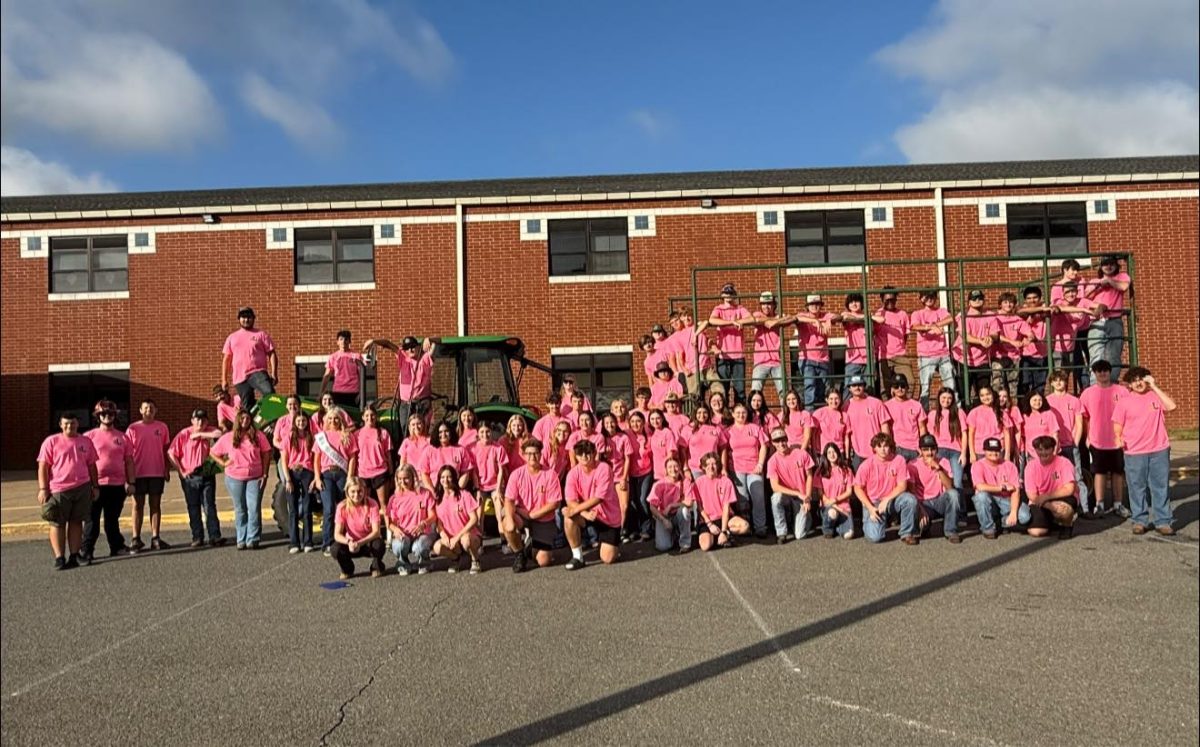Fauquier County, Virginia was officially incorporated in 1759 and since then has developed a rich, yet often overlooked, history of Black excellence. A history that is defined by both triumph and strife. Many Black communities, churches, and former schools still remain intact today and serve as a reminder of the legacy and impact Black residents have had on the county.
Most African Americans arrived in Fauquier County during the mid-18th century under the chains of slavery. They primarily performed agricultural labor on Fauquier County’s large farms but were involved in other trades as well, such as blacksmithing, carpentry, masonry, and seamstressing. For decades, the population of Fauquier County was majority-Black, due to the abhorrent, widespread practice of slavery. By 1850, 52.7% of the population of Fauquier County was African-American. A far cry from the standing of the population today, as the U.S. Census Bureau recorded Fauquier County’s Black population at only 6.9% in 2020.
Some slaves in Fauquier County were able to earn enough money to emancipate themselves or members of their families. A select few were also emancipated by their owners, but this was exceedingly rare. Typically, the slaveholder provided quarters or cabins to house the enslaved on their land. Later, after the abolishment of slavery, these quarters were used to provide housing for contracted laborers.
A major turning point for African Americans in Fauquier County was the end of the Civil War in the 1860s. As a result of the war, the county’s enslaved population was subsequently emancipated. Many formerly enslaved persons moved away and sought opportunities elsewhere. Of those who decided to stay, many either purchased property on the vacant land of large landowners near where they had been enslaved or from people they had come to know during their time of enslavement. Others were granted land that was bestowed upon them by their former masters. The importance of owning property was pertinent for those whose families had been enslaved for generations. Now free, African-Americans began to organize places of worship within their own homes or tree arbors, before later establishing tangible worship sites.
Black residents of Fauquier County quickly began to take advantage of the rights they were finally afforded. In 1867, most African Americans in the county voted for the first time. Many became politically active as members of the Republican Party. This did not sit well with local white residents who would make various attempts to intimidate Black residents and discourage them from exercising their newfound freedoms.
Many noteworthy settlements sprung up as well, including Morgantown and Blackwelltown. These settlements were home to many successful African-American laborers of all trades from storekeepers to farmers to preachers.
In many of the African-American settlements in the county, churches served as the focal point of the community and played a key role in fostering a sense of community among residents. Prior to emancipation, many freedmen had already become active members of local churches. It was common for churches to only hold service one Sunday a month. This was to ensure that local churches were not in competition and thus were each designated a particular Sunday each month. There were exceptions, of course, such as Mount Zion Baptist Church and First Baptist Church in Warrenton, which held services every Sunday due to larger numbers of attendees. Even today, a majority of the historic churches remain in operation, with descendants of the county’s original inhabitants in attendance.
After emancipation, Black residents of the county received a less adequate quality of education than their white counterparts. Schooling was initially provided in some different settings including homes, churches, and schools. In the early 1900s, communities began establishing educational facilities for students. Many students from Fauquier County attended the Manassas Industrial School for Colored Youth which was founded in 1893 by Jennie Dean. In 1914, the County Training School was built for African-American students residing in the town of Warrenton. By 1930, the school transformed into a four-year high school and was renamed Rosenwald High School. In 1952, William C. Taylor High School was established to serve all Black students of Fauquier County after completing elementary school.
While the Supreme Court decision of Brown v. Board of Education made a momentous impact on African-American students across the country, change did not take place overnight in Fauquier County. As a tactic of the Massive Resistance movement, Fauquier County opened three consolidated elementary schools to display equality in educational services received, while remaining segregated. The schools were closed in the winter of 1963 and Black students were bused to designated schools in January 1964. However, in order to avoid full desegregation, parents were given “freedom of choice” as to where their children went to school. Fauquier County schools were officially desegregated in 1969.
African Americans have had a tremendous impact on the history of Fauquier County and their legacies should be both celebrated and appreciated. Their stories and accomplishments mustn’t be forgotten and retold for generations to come.
The Afro-American Historical Association of Fauquier County in The Plains was founded by Karen Hughes White and Karen King Lavore and provides a plethora of information and resources to the public, including some of the information in this article. It is open to visitors on Tuesdays and Wednesdays from 10 A.M.-3:00 P.M. and is highly recommended for anyone interested in learning more about Fauquier County’s rich African-American history.









Gerald • Sep 10, 2024 at 4:21 am
Can they find a Blount name in that area of Virginia cuz my great-grandmother come from there Carrie and Geraldine Blount
Angela • May 7, 2025 at 11:58 am
I believe Carrie and Geraldine Blount in the Morgantown community in the Marshall District. Was Robert Emmett Miles their relative?
Ressmae. Lewis • Feb 21, 2024 at 1:51 pm
I loved the article I have just read .l haves live here all my life but learning things about Fauquier. I sure wished there was a big book to learn about all of our history.Please where can I find more about our Black History. Thank. You. Ressmae. Lewis